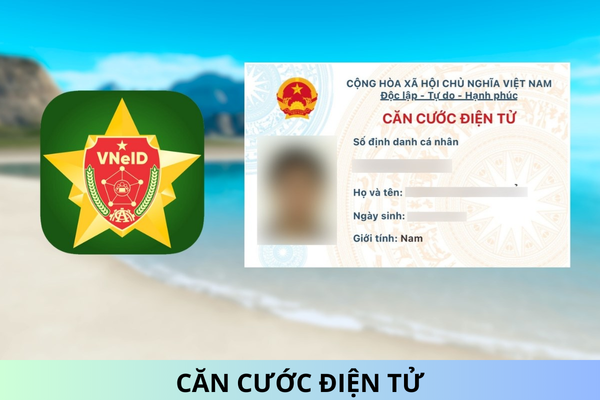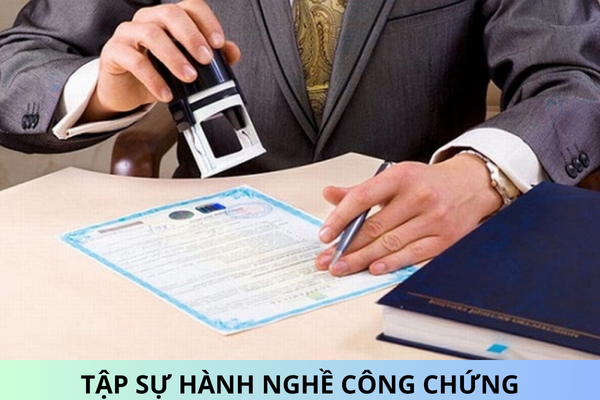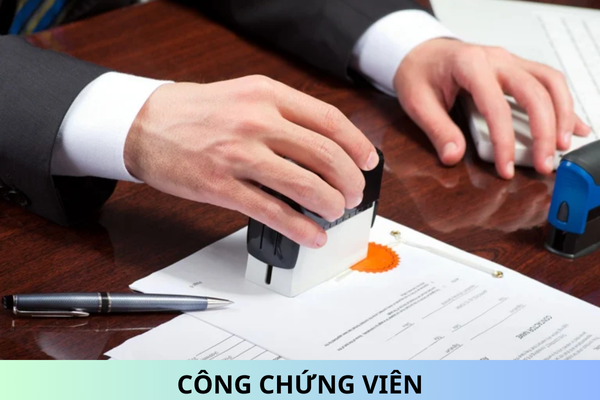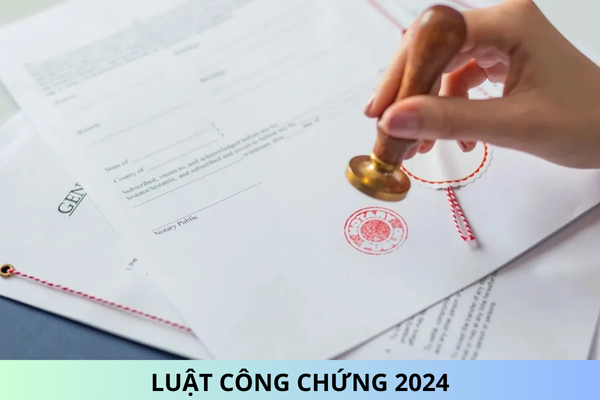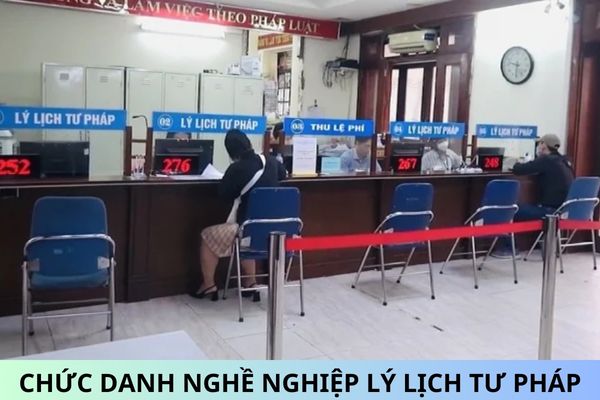What are regulations on notarized contracts in Vietnam in case notarization requesters cannot read?
What are regulations on notarized contracts in Vietnam in case notarization requesters cannot read? What are regulations on the signatures, fingerprints in notarized documents in Vietnam?
My grandfather, when he passed away, left the house to his two children, uncle A and my father. Now, uncle A plans to live with his biological child far away and wants to gift his share of the house to my father. Uncle A is elderly and illiterate. Can he use his fingerprint as a signature when notarizing the contract? Please get back to me.
What are regulations on notarized contracts in Vietnam in case notarization requesters cannot read?
According to Clause 2 of Article 47 of the 2014 Notary Law on notarization requesters, witnesses and interpreters as follows:
2. In case notarization requesters cannot read, hear, sign or press fingerprints, or in other cases prescribed by law, witnesses are required during notarization.
Witnesses must be full 18 years or older, have full civil act capacity and have no rights, interests or obligations related to the notarization.
Witnesses shall be invited by notarization requesters or, if notarization requesters cannot invite witnesses, be designated by notaries.
Therefore, in the case of an illiterate person making a notarized contract, notarization must have a witness. The witness must be at least 18 years old, have full civil act capacity, and have no rights, interests, or obligations related to notarization. The witness is invited by the notary requester, if the notary requester cannot invite, then the notary will designate.

What are regulations on notarized contracts in Vietnam in case notarization requesters cannot read? (Image from the Internet)
What are regulations on the signatures, fingerprints in notarized documents in Vietnam?
According to Clause 2 of Article 48 of the 2014 Notary Law on signatures, fingerprints in notarized documents as follows:
2. Fingerprints may be used instead of signatures in case notarization requesters, witnesses or interpreters are unable to sign because they are physically disabled or do not know how to sign. For his/her fingerprint, the notarization requester, witness or interpreter shall use his/her right forefinger; if he/she cannot use the right forefinger, he/she may use the left forefinger; if he/she cannot use both forefingers, he/she may use another finger; in this case which finger of which hand is used must be clearly stated.
Therefore, the notary requester, who is illiterate and unable to sign during notarization, can replace it by using his/her fingerprint in the notarized document, specifically:
- Fingerprints may be used instead of signatures in case notarization requesters are unable to sign because they do not know how to sign.
- For his/her fingerprint, the notarization requester, witness or interpreter shall use his/her right forefinger; if he/she cannot use the right forefinger, he/she may use the left forefinger; if he/she cannot use both forefingers, he/she may use another finger; in this case which finger of which hand is used must be clearly stated.
- Notarization requesters shall use fingerprint in contracts or transactions in the presence of notaries.
In your case, because Mr. A is illiterate, if he wants to agree to gift a piece of land and have it legally effective, the contract needs to be notarized, if your relative cannot sign, they can request to replace it with fingerprint. If your relative is unable to mark, read, hear, or in other cases as prescribed by law, notarization can be done with the presence of a witness.
Best Regards!

